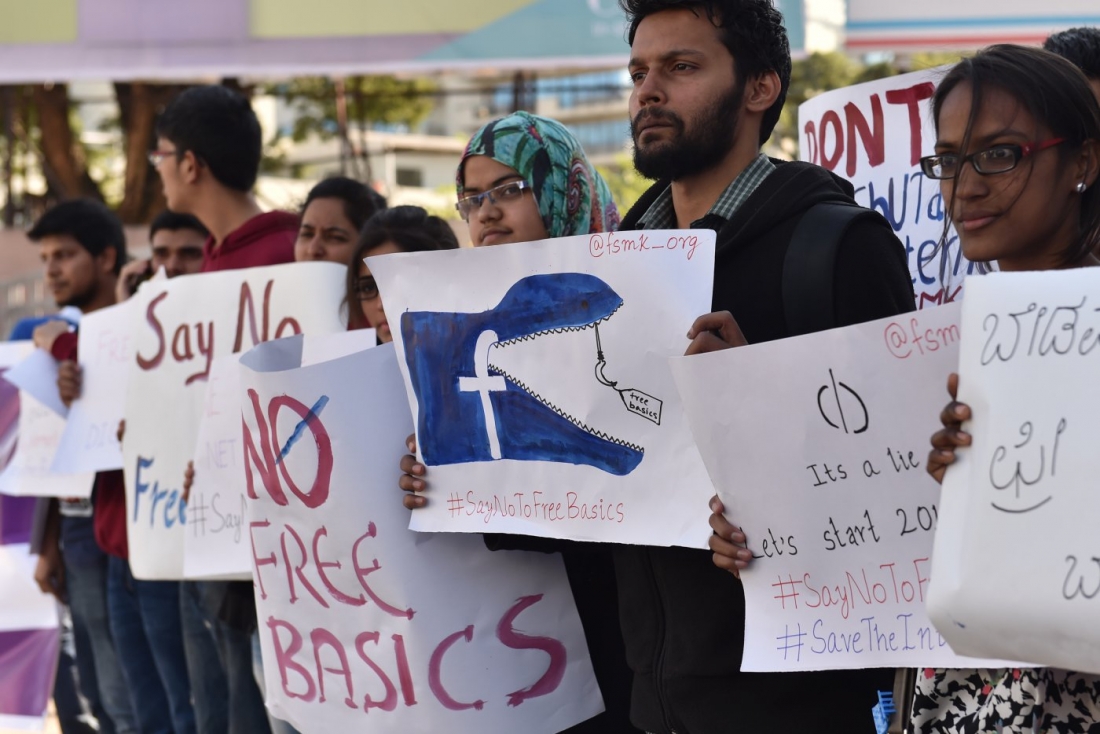Facebook has reportedly held talks with wireless providers and government officials since at least this spring with regard to bringing its Free Basics service to the US.
Sources familiar with the matter tell The Washington Post that a US version of the program would target low-income people and those in rural areas that may not be able to afford reliable, high-speed Internet connectivity. With Free Basics, this demographic would receive free Internet access to "critical" resources such as health information, news and job leads.
That sounds like a great idea at first glance but many are against this type of tactic, dubbed "zero-rating," as they feel exempting certain services from data caps will create an uneven playing field that favors businesses with the resources to participate.
Others are concerned about long-term implications.
For example, what would happen if Facebook down the road decides to charge carriers for their participation? It could also give participating cellular carriers an advantage as they're likely to have a better shot at converting Free Basics users into paying customers versus a provider that isn't participating in the program.
Free Basics, which is already available in 49 countries around the globe, was met with backlash in India last year which ultimately led to local officials blocking it altogether. As such, Facebook is said to be treading carefully as it plans a US rollout.
For example, sources say Facebook hasn't yet reached out to major carriers like AT&T or T-Mobile over fears that such a move might be viewed as anti-competitive. Instead, the social network is striking up conversations with smaller, regional carriers... at least, for now.
A Facebook spokesperson said that although they have nothing to announce at this time, their mission is to connect the world and they're always exploring ways to do that including in the US.
Lead image courtesy Manjunath Kiran, Getty Images
